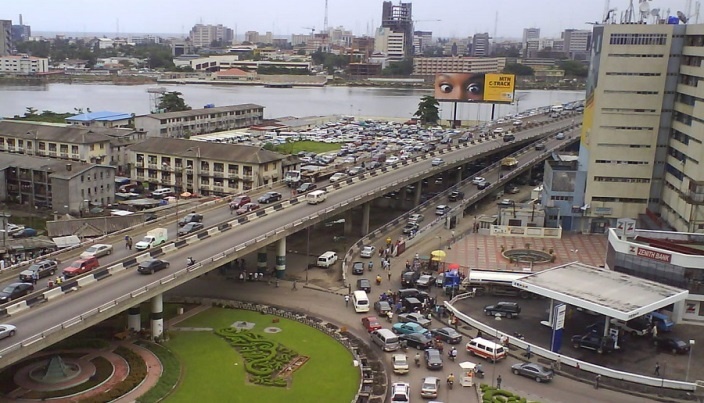Nigeria’s Infrastructure Surge: A Leap into the Future

In a recent social‑media post, Daddy D.O Olusegun highlighted a compelling documentary that charts Nigeria’s rapid infrastructure transformation. The piece underscores that the West African nation is not merely keeping pace with global development trends—it is on track to surpass many peer economies in the coming decade, a shift that warrants international attention.
The documentary, which has sparked widespread discussion online, outlines how strategic investments in transport, energy, and digital connectivity are reshaping Nigeria’s economic landscape.
Over the past few years, the government and private sector have poured billions of dollars into mega‑projects such as the Lagos‑Ibadan expressway, the Abuja‑Kano high‑speed rail, and the expansion of the nation’s power grid.
These initiatives are beginning to alleviate long‑standing bottlenecks, improve logistics efficiency, and attract foreign investment.
Analysts cited in the film note that Nigeria’s youthful demographic and vast consumer market provide a fertile ground for sustained growth.
When coupled with policy reforms aimed at easing business operations and enhancing transparency, the country is positioning itself as a hub for trade and industry across Africa.
The documentary also features interviews with economists who predict that if current momentum is maintained, Nigeria could outpace several emerging markets in GDP per‑capita terms within the next five to seven years. This optimistic outlook is echoed by regional leaders, who view Nigeria’s progress as a catalyst for broader continental integration.
As the narrative gains traction, stakeholders are urged to monitor Nigeria’s development trajectory closely. The nation’s ambition to become a global logistics and manufacturing powerhouse is not just a domestic aspiration it represents a shift in the global economic balance.









